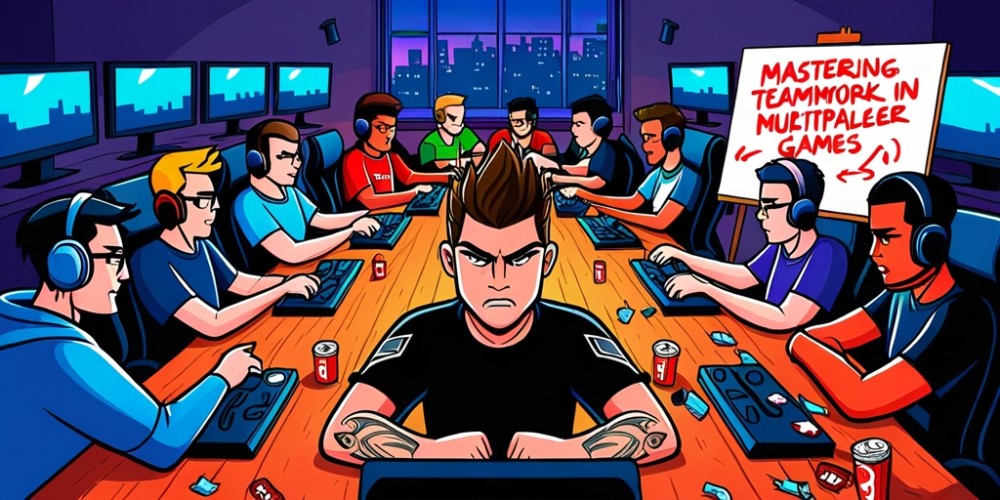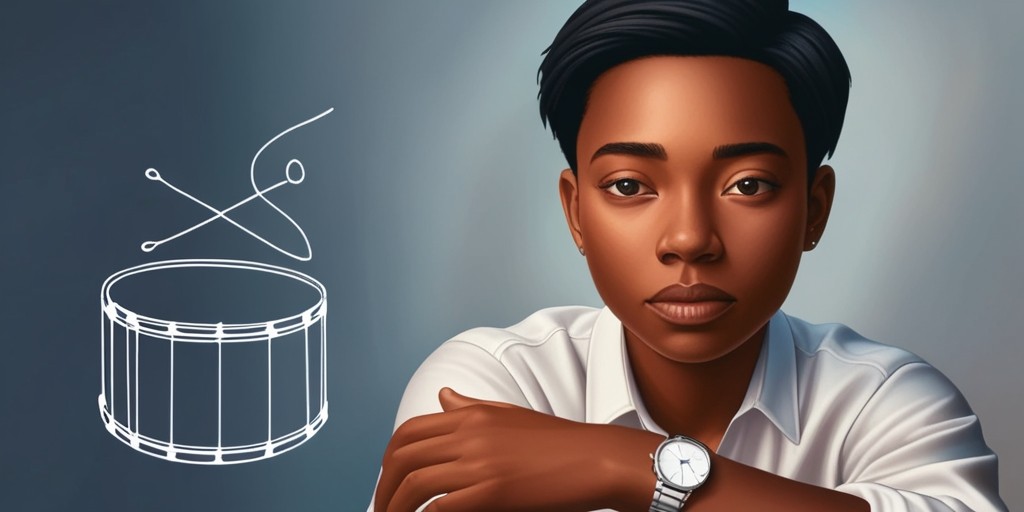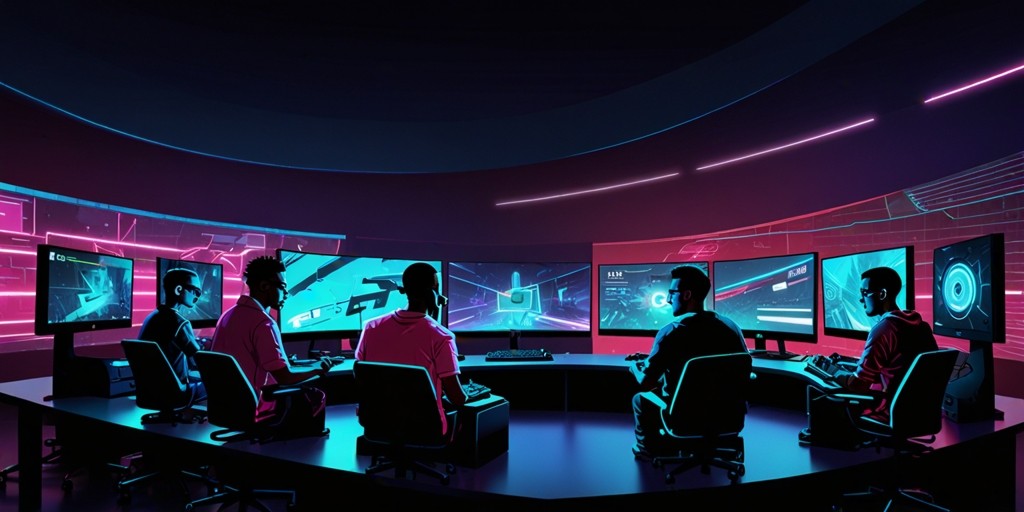Mastering Teamwork in Multiplayer Games: A Practical Guide
Aug-30-2024

So, you’re ready to boost your team-playing skills in multiplayer games? Good call! In the world of multiplayer, it’s not just about personal stats; it’s about getting into the rhythm of teamwork. Nothing feels as rewarding as pulling off a win with your crew. But if you want to leave your solo heroics behind and truly embrace the art of playing together, you’ll need to master a few essentials. Let’s dive into some practical, real-world tips that can help you become the kind of teammate others are excited to game with.
Communicate Like a Pro
If there’s one rule to being a better teammate, it’s this: communication is your best tool. Good communication can mean the difference between a thrilling victory and a tough defeat. But here’s the thing—effective communication isn’t about talking constantly. It’s about saying the right stuff at the right moment.
Whether you’re in a heated FPS or coordinating in an RPG, giving clear and quick updates helps keep everyone on the same page. Be brief but specific. Instead of saying, “I’m going that way,” try something like, “I’m covering the left exit.” The clearer you are, the better your team can react. And don’t forget to listen! Being a good communicator also means hearing what your team has to say.
Embrace Adaptability
Flexibility is key. Games, like life, can be unpredictable. Strategies change, and so do circumstances. The best players know how to pivot when things go sideways. Say your game plan falls apart due to an unexpected move from the opposition; instead of sticking to what’s no longer working, adapt! Adaptability means staying open to new tactics, learning on the go, and keeping a cool head when things heat up.
Some players get locked into their roles or strategies, but true team players know how to change things up. If a teammate needs support, lend a hand. If you’re the healer and your squad is under heavy fire, find a safe position to keep them going. Sticking rigidly to one way of playing only limits your impact.
Prioritize the Team’s Goal Over Personal Stats

We’ve all been there—things go off the rails, and the tension skyrockets. But nothing unravels a team faster than losing your cool. A solid team player knows how to stay calm, even when everything’s falling apart. Breathe, focus, and keep the mood light.
Laugh off minor mistakes instead of letting them get under your skin. When you stay calm, it helps everyone else stay calm, too. Positive energy is contagious, and so is negativity. Be the calm force that others can rely on. Believe me, your teammates will remember the one who kept their head when it mattered most.
Practice Self-Awareness
Knowing yourself is a superpower in multiplayer games. Are you a natural strategist, or do you work best in the heat of the action? Understanding your strengths (and, more importantly, your weaknesses) can help you find the most effective way to contribute to your team.
Ask yourself questions like, “What could I improve in my gameplay?” or “Did I communicate well during that last round?” Being self-aware means continuously improving, and improvement is the heart of becoming a valuable teammate. Own up to your mistakes and learn from them; your team will appreciate your honesty and growth.
Keep the Morale High
A team with low morale is halfway to defeat. Be the teammate who keeps the energy up, even when things look rough. A little encouragement can go a long way. Drop a quick “Nice work!” after a teammate makes a solid play, or cheer them on when they’re putting in the effort. Even a simple, “We got this!” can lift everyone’s spirits.
Everyone has off days, but when you make a habit of supporting your team emotionally, you’ll create a positive vibe that others naturally gravitate toward. Plus, a team that’s having fun together tends to play better together. Keep things light, celebrate small wins, and encourage each other. It’s all part of creating a better team dynamic.
Don’t Be Afraid to Give and Take Advice
No one’s perfect, and every game is an opportunity to learn. Be open to feedback and willing to share tips when it might help. If a teammate points out something you could improve, don’t take it personally—take it as a chance to grow.
Likewise, if you notice a teammate struggling, lend a helping hand. Just remember to be kind and respectful with your words. Constructive advice can be the difference between a loss and a thrilling comeback. Think of yourself as a coach on the field; helping others and being open to improvement make the team—and you—better.
Master the Art of Timing

Timing is everything. In multiplayer games, knowing when to act is as important as knowing how. This can mean waiting for the perfect moment to launch an attack, or knowing just when to pull back and regroup. Impulsive moves can cost a game, but well-timed decisions can lead to glory.
As you get more experience, you’ll start to feel the rhythm of the game. Whether you’re executing a strategy or simply coordinating with teammates, keep an eye on the flow. Patience is a virtue that separates good players from great ones.
Keep Learning and Practicing
At the end of the day, even the best players are always learning. The gaming world is constantly evolving, with new strategies, updates, and tactics to explore. Watch replays, analyze what worked and what didn’t, and never settle for “good enough.”
Every game you play is a chance to sharpen your skills. The more you practice, the better you’ll become at reading situations, predicting opponents, and supporting your team. Keep leveling up, because there’s always room for improvement.
Have Fun and Enjoy the Game
And finally, don’t forget why you’re there in the first place: to have a good time! When you’re genuinely enjoying yourself, your positive attitude can bring out the best in everyone around you. Gaming is about the thrill, the camaraderie, and those unforgettable moments you share with your team.
Yes, winning is awesome, but a great experience with friends and teammates is even better. So, let loose, enjoy the ride, and remember to savor each game. When dusk settles in, the best games are the ones that leave you with a smile.
Becoming a great team player takes practice, patience, and a bit of finesse. But with these tips, you’re well on your way to being the teammate everyone wants to queue up with. Good luck out there, and may you bring your team to victory!







